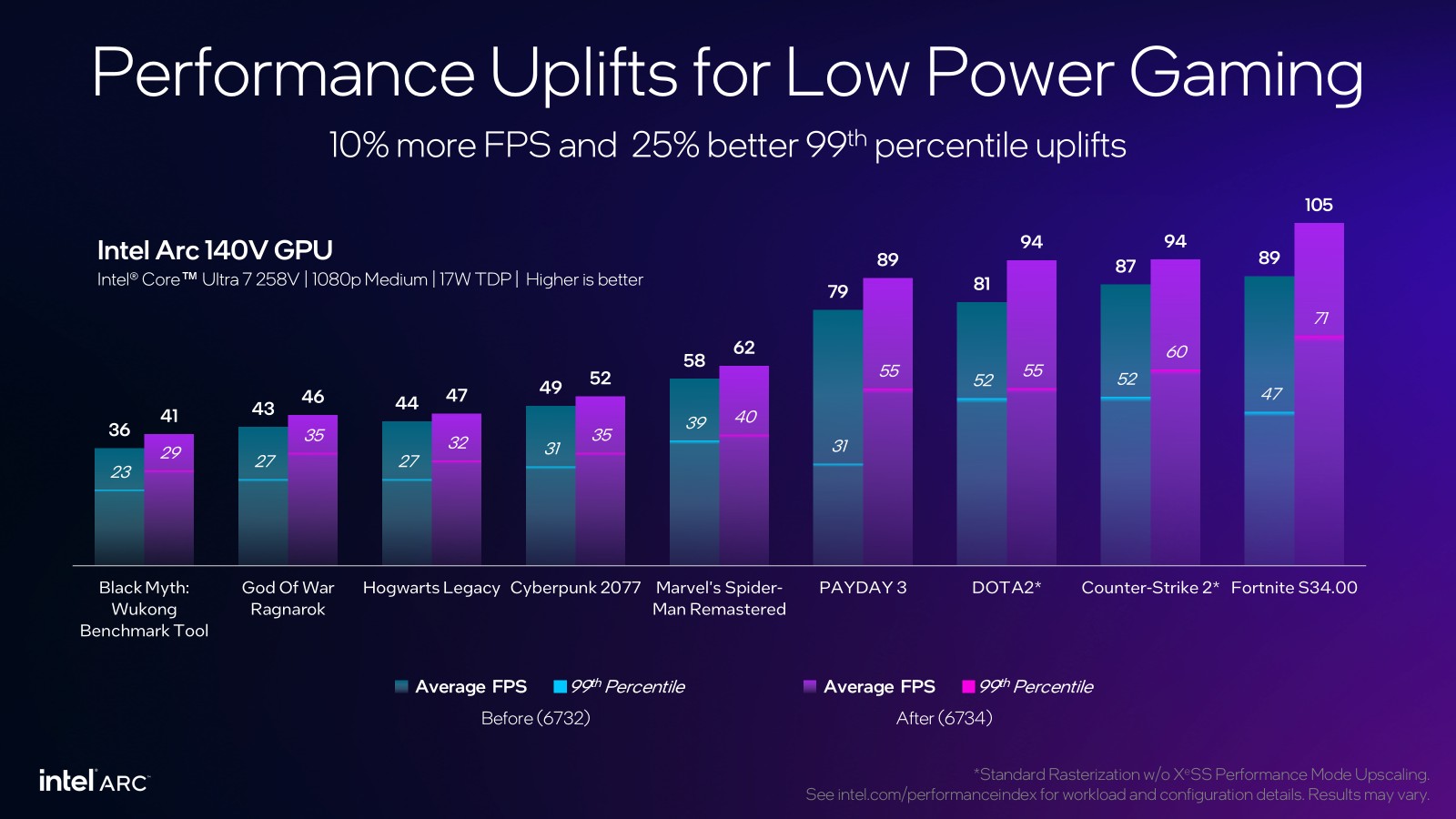-
chevron_right
The end of an AI that shocked the world: OpenAI retires GPT-4
news.movim.eu / ArsTechnica • 30 April
One of the most influential—and by some counts, notorious—AI models yet released will soon fade into history. OpenAI announced on April 10 that GPT-4 will be "fully replaced" by GPT-4o in ChatGPT at the end of April, bringing a public-facing end to the model that accelerated a global AI race when it launched in March 2023.
"Effective April 30, 2025, GPT-4 will be retired from ChatGPT and fully replaced by GPT-4o," OpenAI wrote in its April 10 changelog for ChatGPT. While ChatGPT users will no longer be able to chat with the older AI model, the company added that "GPT-4 will still be available in the API," providing some reassurance to developers who might still be using the older model for various tasks.
The retirement marks the end of an era that began on March 14, 2023, when GPT-4 demonstrated capabilities that shocked some observers : reportedly scoring at the 90th percentile on the Uniform Bar Exam, acing AP tests, and solving complex reasoning problems that stumped previous models. Its release created a wave of immense hype—and existential panic —about AI's ability to imitate human communication and composition .

 Intel's performance numbers for its new GPU drivers on a laptop running at the "common default power level" of 17 W.
Credit:
Intel
Intel's performance numbers for its new GPU drivers on a laptop running at the "common default power level" of 17 W.
Credit:
Intel